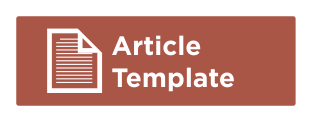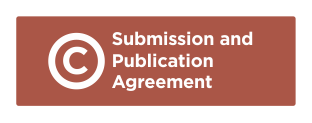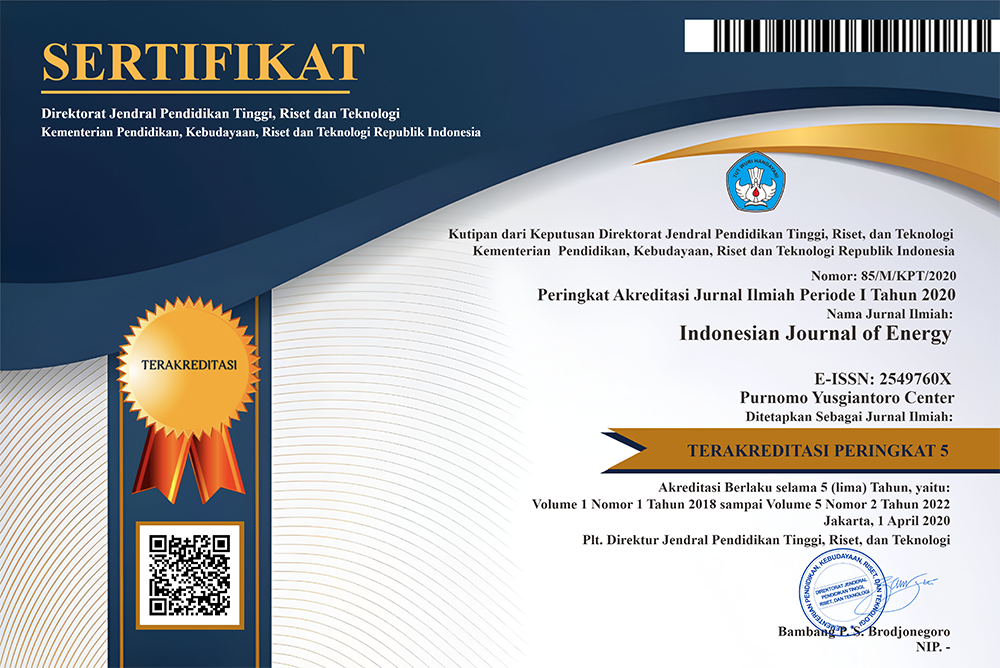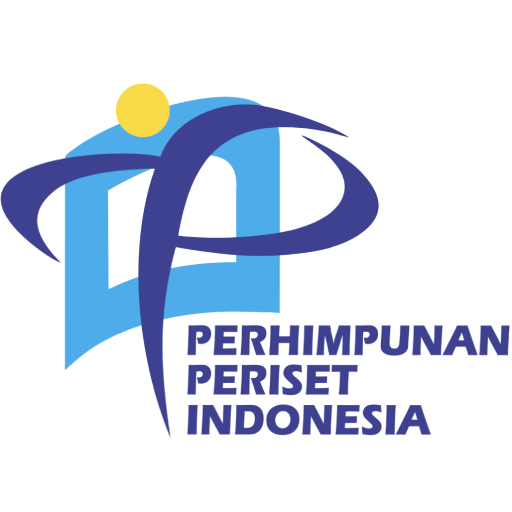Strategic Implementation of Nationally Determined Contributions for Waste-to-Energy Utilization in Indonesia
A Regulatory Review
Abstract
Municipal solid waste (MSW) stands out as a significant contributor to greenhouse gas emissions, with Indonesia ranking among the world's largest contributors. The Nationally Determined Contribution (NDC) commits Indonesia to minimize MSW emissions through renewable energy development, a central aspect of addressing the climate change crisis. In response, Presidential Regulation Number 35 of 2018 was introduced to vitalize these efforts. However, despite these initiatives, the existing legal framework has not adequately addressed the issue. This research aims to address two pivotal questions: How does Indonesian law regulate the conversion of waste into energy? To what extent do current regulations encompass Waste-to-Energy power plants? Employing a normative legal analysis, this study critically examines national legal instruments related to renewable energy, utilizing a statutory approach. Our findings underscore that current regulations concerning renewable energy lack effectiveness in ensuring availability, resilience, and national energy independence in a sustainable manner. Our study contributes to the existing body of research by delving into aspects of Waste-to-Energy regulation in Indonesia, an area that has not been extensively explored in previous studies.
Downloads
References
Aswadi, K., Jamal, A., Syahnur, S., & Nasir, M. (2023). Renewable and non-renewable energy consumption in Indonesia: Does it matter for economic growth? International Journal of Energy Economics and Policy, 13(2), 107–116. https://doi.org/10.32479/ijeep.13900
Azis, M. M., Kristanto, J., & Purnomo, C. W. (2021). A techno-economic evaluation of municipal solid waste (MSW) Conversion to Energy in Indonesia. Sustainability, 13(13), 7232. https://doi.org/10.3390/su13137232
Aziz, S. A., Astrini, N., Rianawati, E., Halog, A., & Al Irsyad, M. I. (2022). Challenges in adopting successful waste-to-energy policies in EU Countries: Indonesia study case. 2022 IEEE Electrical Power and Energy Conference (EPEC), 278–283. https://doi.org/10.1109/EPEC56903.
10000255
Budihardjo, M. A., Humaira, N. G., Ramadan, B. S., Wahyuningrum, I. F. S., & Huboyo, H. S. (2023). Strategies to reduce greenhouse gas emissions from municipal solid waste management in Indonesia: The case of Semarang City. Alexandria Engineering Journal, 69, 771–783. https://doi.org/10.1016/j.aej.2023.02.029
Cabinet Secretary of The Republic of Indonesia. (2020, July 10). Minister Affirms Indonesia’s Commitment in Renewable Energy at IEA Summit.
Cevik, S. (2022). Climate change and energy security: The dilemma or opportunity of the century?
Directorate General for New and Renewable Energy and Energy Conservation. (2015). Waste to energy guidebook.
Dwiesta, A. (2017). Indonesia’s energy security: Are we securing it right? Lesson learned from the EU. Indonesia Law Review, 7(3). https://doi.org/10.15742/ilrev.v7n3.372
Government of Indonesia. (2008). Undang-Undang Nomor 18 Tahun 2008 tentang Pengelolaan Sampah.
Government of Indonesia. (2014). Peraturan Pemerintah Nomor 79 Tahun 2014 tentang Kebijakan Energi Nasional.
Government of Indonesia. (2016). First Nationally Determined Contribution Republic of Indonesia.
Government of Indonesia. (2018). Peraturan Presiden Nomor 35 Tahun 2018 tentang Percepatan Pembangunan Instalasi Pengolah Sampah Menjadi Energi Listrik Berbasis Teknologi Ramah Lingkungan.
Government of Indonesia. (2021a). Indonesia Long-Term Strategy for Low Carbon and Climate Resilience 2050.
Government of Indonesia. (2021b). Updated Nationally Determined Contribution Republic of Indonesia.
International Energy Agency. (2019). Global energy & CO2 status report 2019. https://www.iea.org/reports/global-energy-co2-status-report-2019
Kamaruddin, H., Maskun, Patittingi, F., Assidiq, H., Bachril, S. N., & Al Mukarramah, N. H. (2022). Legal aspect of plastic waste management in Indonesia and Malaysia: Addressing marine plastic debris. Sustainability, 14(12), 6985. https://doi.org/10.3390/su14126985
Khan, I., Chowdhury, S., & Techato, K. (2022). Waste to energy in developing countries—A rapid review: Opportunities, challenges, and policies in selected countries of Sub-Saharan Africa and South Asia towards sustainability. Sustainability, 14(7), 0. https://doi.org/10.3390/su14073740
Lombardi, L., & Castaldi, M. J. (2024). Energy recovery from residual municipal solid waste: State of the art and perspectives within the challenge to climate change. Energies, 17(2). https://doi.org/10.3390/en17020395
Luthfia, A. R., Sudarwanto, A. S., & Alkhajar, E. N. S. (2020). The dynamic of the incineration waste-to-energy power plant policy in Indonesia. 030172. https://doi.org/10.1063/5.0000592
Mikhaylov, A., Moiseev, N., Aleshin, K., & Burkhardt, T. (2020). Global climate change and greenhouse effect. Entrepreneurship and Sustainability Issues, 7(4), 2897–2913. https://doi.org/10.9770/jesi.2020.7.4(21)
Ministry of Energy and Mineral Resources Republic of Indonesia. (n.d.). Roadmap pengembangan energi baru terbarukan (EBT) & nuklir pada pembangkit listrik Indonesia.
Ministry of Energy and Mineral Resources Republic of Indonesia. (2022). Handbook of energy & economic statistics of Indonesia.
Moriarty, P., & Honnery, D. (2023). Review: Renewable energy in an increasingly uncertain future. Applied Sciences, 13(1), 388. https://doi.org/10.3390/app13010388
Mustafa, A. B., Dong, H., Zhang, C., & Fujii, M. (2022). Life cycle environmental benefit and waste-to-energy potential of municipal solid waste management scenarios in Indonesia. Journal of Material Cycles and Waste Management, 24(5), 1859–1877. https://doi.org/10.1007/s10163-022-01441-6
Qodriyatun, S. N. (2021). Pembangkit listrik tenaga sampah: Antara permasalahan lingkungan dan percepatan pembangunan energi terbarukan. Aspirasi: Jurnal Masalah-Masalah Sosial, 12(1), 63–84. https://doi.org/10.46807/aspirasi.v12i1.2093
Rahman, A., Dargusch, P., & Wadley, D. (2021). The political economy of oil supply in Indonesia and the implications for renewable energy development. Renewable and Sustainable Energy Reviews, 144. https://doi.org/10.1016/j.rser.2021.111027
Sekuritas Sinarmas. (2022, June 2). Garap proyek waste to energy, SGER akuisisi 80% saham PT Jabar Bersih Lestari. https://www.sinarmassekuritas.co.id/garap-proyek-waste-to-energy-sger-akuisisi-80-percentage-saham-pt-jabar-bersih-lestari
Suparman, F. F. (2020, March 6). KPK Nilai PLTSa sebagai Pemborosan APBN. Berita Satu. https://www.beritasatu.com/ekonomi/606181/kpk-nilai-pltsa-sebagai-pemborosan-apbn
Tuan, L. A. (2016). Waste-to-energy plants–public private partnership Singapore. https://asiacleanenergyforum.adb.org/wp-content/uploads/2016/03/B4_2_TUAN-Loh-Ah_Keppel-Seghers-Engineering-Singapore.pdf
Wongkar, E. E. L. T. (2021). Achieving the nationally determined contribution (NDC) in forestry sectors: Challenges for Indonesia. IKAT: The Indonesian Journal of Southeast Asian Studies, 5(1), 17–32. https://doi.org/10.22146/ikat.v5i1.64974
Yulianto, G., & Susanto, A. (n.d.). Perkembangan Keberlanjutan Lingkungan.
















